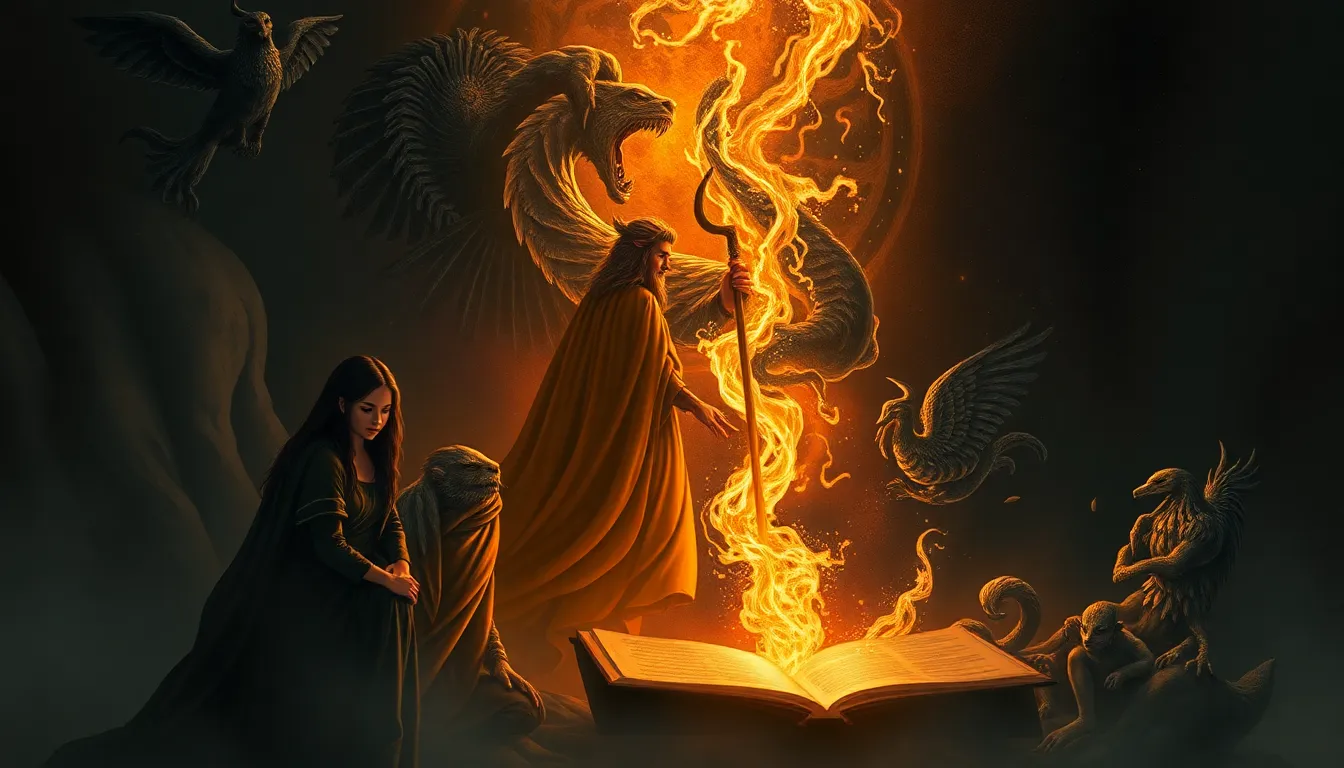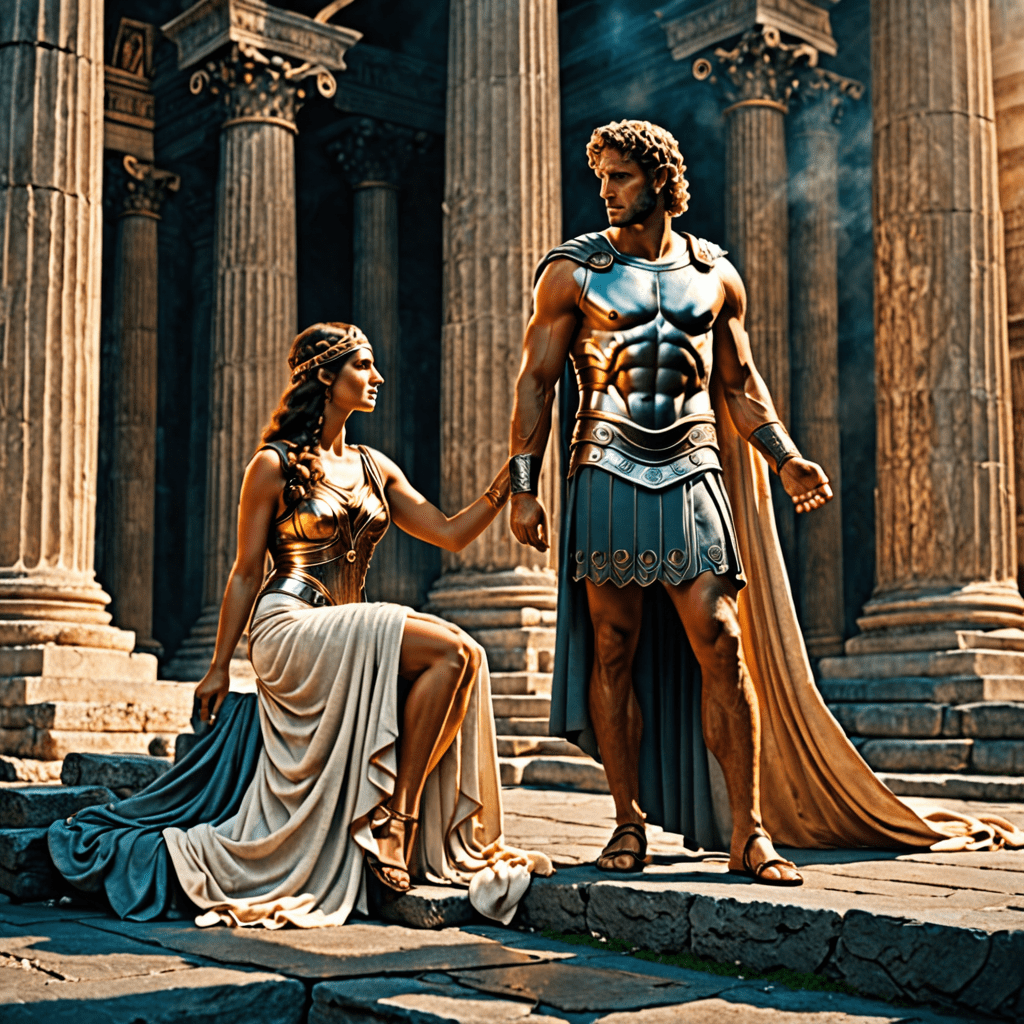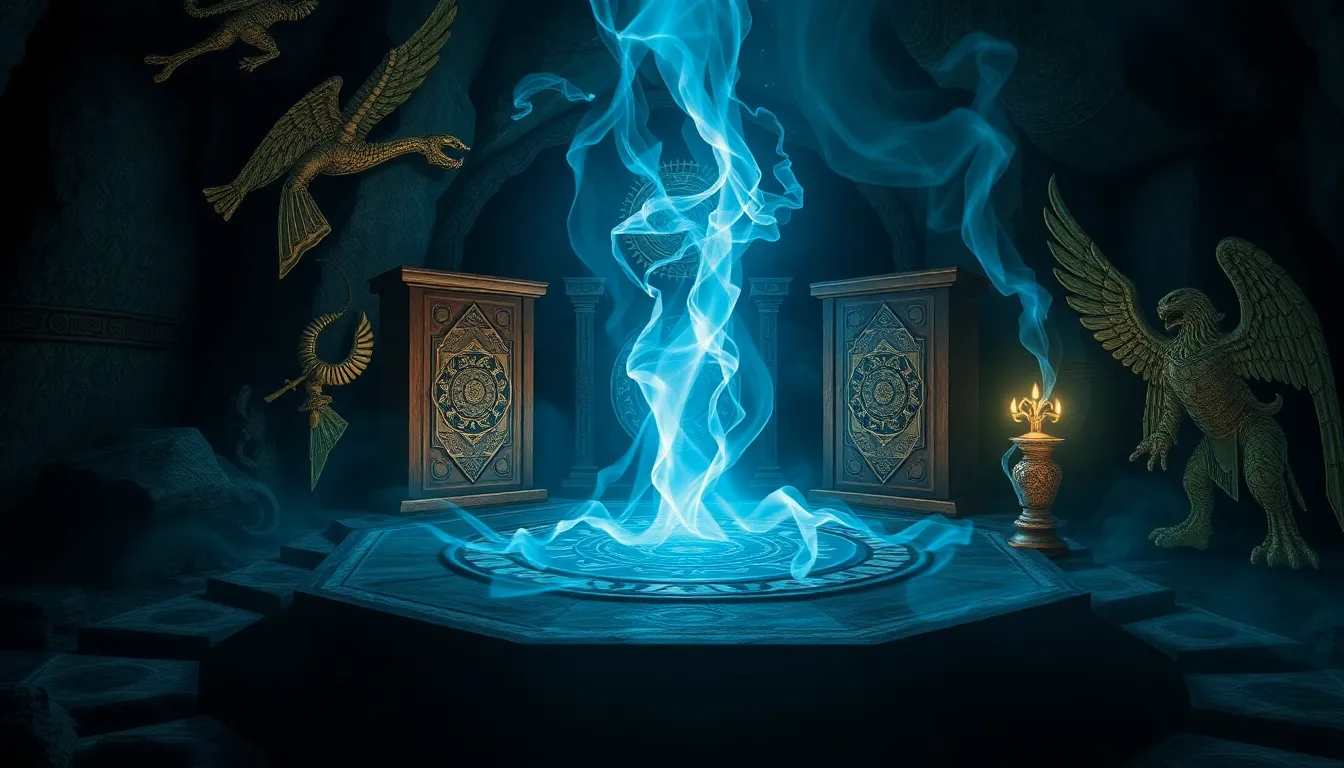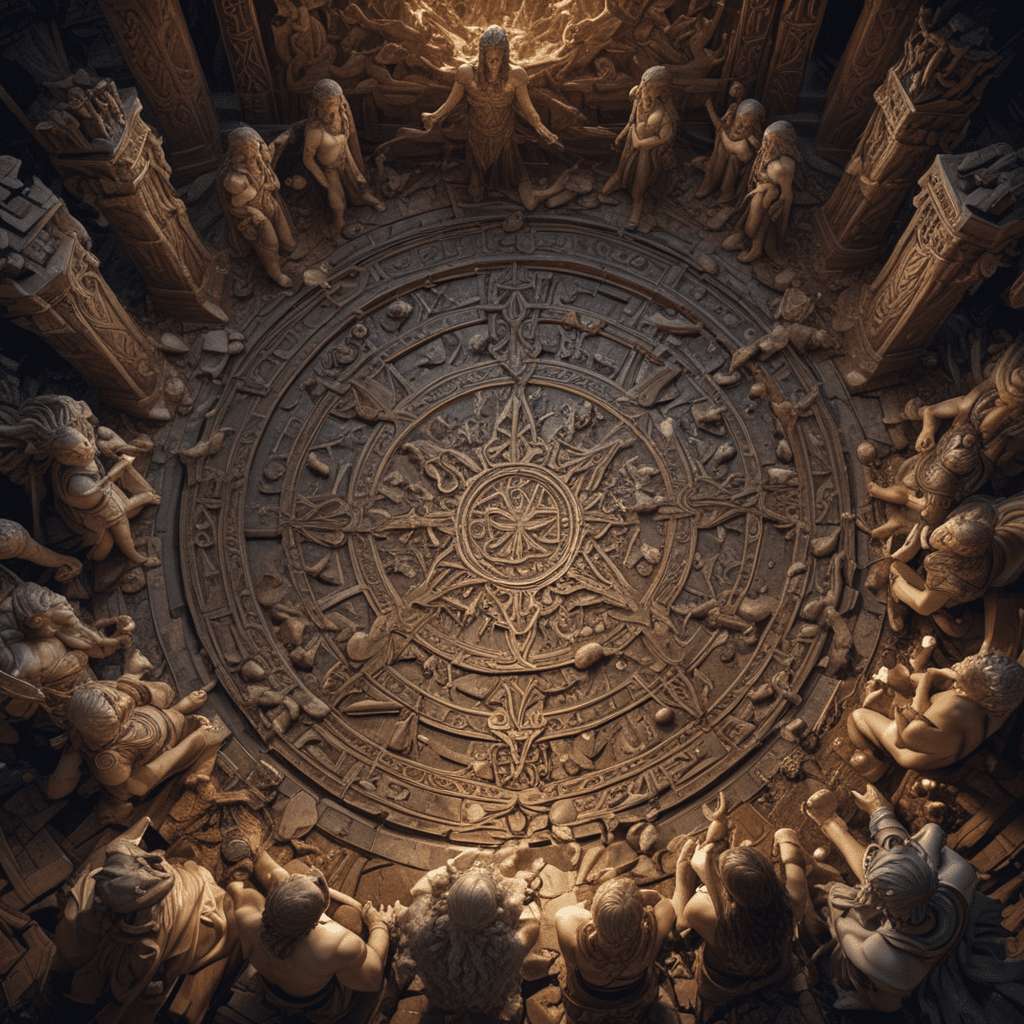Moral Myths in Literature: Stories That Challenge Our Ethics
Introduction: Defining Moral Myths
Moral myths are narratives that reflect and question the ethical beliefs held by individuals and societies. They serve as a lens through which we can examine our values, choices, and the consequences of our actions. In literature, these myths play a crucial role in shaping narratives that resonate with readers, prompting them to reflect on their own moral frameworks.
The importance of ethics in storytelling cannot be overstated. Literature has the power to shape our understanding of right and wrong, influencing societal norms and personal beliefs. Through engaging plots and compelling characters, authors challenge us to confront our moral assumptions, encouraging deep reflections on ethical dilemmas.
This article will explore the evolution of morality in literature, classic moral dilemmas, contemporary works that highlight moral ambiguity, cultural influences on ethics, the role of genre in moral storytelling, character development, the impact of technology, and literature’s potential for ethical reflection and discussion.
The Evolution of Morality in Literature
Morality in literature has evolved significantly over the centuries. Various historical periods have shaped the ethical narratives that authors present, influenced by cultural, philosophical, and societal changes.
- Ancient Greece: The moral questions posed by playwrights like Sophocles in “Antigone” reflect the conflict between individual conscience and state law.
- The Enlightenment: Writers like Voltaire and Rousseau explored the nature of human rights and the role of reason in ethical decision-making.
- Modernism: Authors such as James Joyce and Virginia Woolf delved into the complexities of human psychology, challenging traditional moral views.
These periods demonstrate how cultural and societal influences shape moral storytelling, as ethical standards continuously adapt to reflect the values of different eras.
Classic Moral Dilemmas: Timeless Ethical Questions
Classic texts have long presented moral dilemmas that resonate with readers across generations. Works like “Antigone” and Fyodor Dostoevsky’s “Crime and Punishment” explore profound ethical questions that force readers to confront their values.
- Antigone: The titular character faces a choice between obeying the law and honoring her brother’s memory, exemplifying the conflict between personal ethics and societal rules.
- Crime and Punishment: Raskolnikov’s justification for murder raises questions about morality, guilt, and redemption, challenging readers to consider the boundaries of ethical behavior.
These dilemmas profoundly impact readers’ ethical understanding, often leading them to question their own beliefs and the moral implications of their choices.
Contemporary Literature and Moral Ambiguity
Modern literature frequently presents complex characters and moral ambiguity, reflecting the intricate realities of contemporary life. Novels like Cormac McCarthy’s “The Road” and Gillian Flynn’s “Gone Girl” challenge traditional notions of good and evil.
- The Road: This post-apocalyptic tale forces readers to grapple with survival ethics and the extent to which one can compromise moral values in dire circumstances.
- Gone Girl: The unreliable narrator complicates readers’ understanding of truth and deception, prompting reflections on the nature of morality in relationships.
Contemporary issues such as social justice, identity, and mental health influence these narratives, creating a rich tapestry of moral questions that reflect the complexities of modern existence.
Cultural Myths and Ethical Frameworks
Cultural myths significantly inform moral beliefs in literature, providing frameworks for ethical storytelling. These narratives often reflect the values and traditions of specific communities.
- Native American Folklore: Stories often emphasize harmony with nature and the interconnectedness of all beings, presenting moral lessons that challenge Western individualism.
- African Oral Traditions: These narratives frequently explore themes of community, responsibility, and respect for elders, reinforcing ethical values within cultural contexts.
The interplay between cultural identity and ethical storytelling enriches literature, allowing diverse voices to contribute to our understanding of morality.
The Role of Genre in Shaping Moral Questions
Different genres approach ethics in unique ways, shaping moral questions and reader engagement. Genre conventions often dictate how moral dilemmas are presented and interpreted.
- Fantasy: Works like J.R.R. Tolkien’s “The Lord of the Rings” explore the battle between good and evil, often reflecting real-world ethical struggles.
- Dystopian Fiction: In “The Handmaid’s Tale,” Margaret Atwood examines the consequences of extreme ideologies, challenging readers to consider the moral implications of societal control.
These genre-specific moral challenges not only entertain but also provoke thoughtful discussions about ethics, power, and the human condition.
Character Development and Ethical Challenges
Character arcs play a significant role in exploring moral myths, allowing readers to witness the evolution of ethical understanding. Protagonists who face ethical dilemmas often reflect the complexities of human nature.
- Walter White from “Breaking Bad”: His transformation from a mild-mannered teacher to a drug lord illustrates the moral decay that can occur when one prioritizes personal gain over ethical considerations.
- Hester Prynne in “The Scarlet Letter”: Her journey of shame, redemption, and societal judgment raises questions about sin, morality, and the capacity for forgiveness.
Readers relate to these characters’ moral struggles, often finding parallels in their own lives, which deepens the impact of the narrative.
The Impact of Technology and Media on Moral Narratives
Digital media and technology have transformed moral storytelling, introducing new platforms and methods for exploring ethical issues. Social media, in particular, shapes contemporary ethical discussions within literature.
- Black Mirror: This anthology series engages with technology’s ethical implications, prompting viewers to reflect on the moral consequences of innovation and societal dependence on technology.
- Online Literature: Platforms like Wattpad allow diverse voices to share stories that challenge traditional moral narratives, broadening the scope of ethical discussions.
The intersection of literature and technology creates a dynamic space for exploring moral questions, reflecting the complexities of modern life.
Literature as a Tool for Ethical Reflection and Discussion
Literature serves as a powerful tool for ethical reflection and discussion, inviting readers to engage with moral myths and dilemmas. Through storytelling, authors challenge readers to confront uncomfortable truths about their values and the world around them.
As we navigate the complexities of our ethical landscapes, literature offers a space for dialogue, understanding, and growth. By engaging with moral myths, we can better understand ourselves and the society in which we live, fostering a deeper appreciation for the power of narrative in shaping ethical consciousness.



